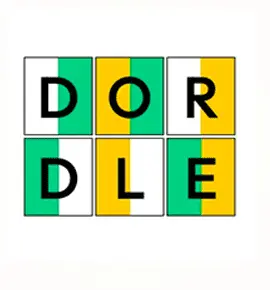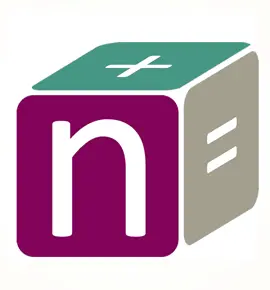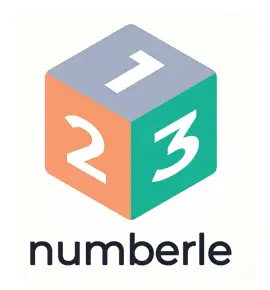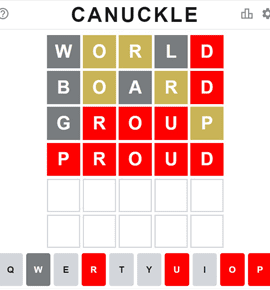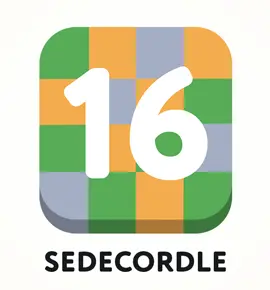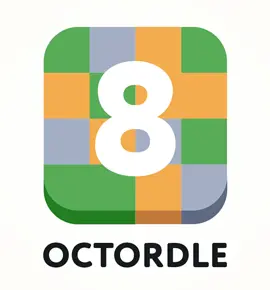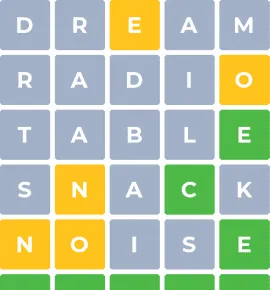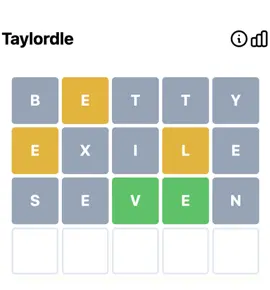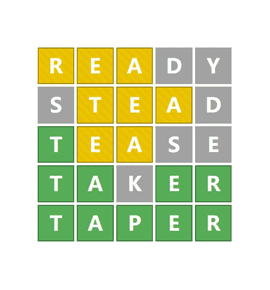 Strands NYT
Strands NYT
Bardle
About Bardle
Bardle is a creative twist on Wordle, designed specifically for lovers of Shakespeare and his timeless works. Set in a world where Elizabethan English takes center stage, the game challenges players to guess words associated with Shakespeare’s plays, characters, and the language he used.
Unlike other casual word games, its charm lies in its literary focus—this is for players who enjoy delving into names like Osric, Feste, or Egeus rather than more common ones like Romeo or Ariel.
Whether you are a seasoned reader of Shakespeare or just someone who enjoys a unique challenge, Bardle provides a fun and intellectually stimulating experience where every word guessed brings you closer to the Bard himself.
How to Play the Bardle Game
The rules of Bardle are simple yet captivating for anyone familiar with Shakespeare’s language. The game begins with a grid consisting of 5 columns and 6 rows—this format offers players a total of six chances to guess the correct five-letter word.
All possible solutions are rooted in the world of Shakespeare, featuring vocabulary directly drawn from his works or names of his characters and settings.
To start playing, you type in your chosen word using an on-screen keyboard. The game then provides color-coded feedback after each attempt.
Red letters indicate that the letter is correct and positioned correctly in the word. Yellow letters indicate a correct letter but in the wrong position, while gray letters signify that the letter does not appear in the target word.
Using this information, players continue refining their guesses until they either correctly identify the word or run out of attempts.
The word list is specifically curated to include words found in Shakespeare’s works. It excludes plural nouns ending in "s," present tense verbs, and contractions, while proper nouns—including character names and places—are permitted.
Bardle brings a unique touch with its rules and curated wordlist, making every game a delightful mix of literature and strategy.
Tips to Play
To succeed in Bardle, having a sound strategy and a touch of creativity can make all the difference. Begin by guessing a word that includes a variety of common vowels and consonants. This approach will help you quickly determine which letters are correct. Using Shakespeare’s common words or character names can also be helpful—especially if you’re familiar with his plays.
It’s beneficial to do a quick Google search for five-letter words from Shakespeare’s plays if you’re stuck. His language is rich and diverse, and sometimes, finding the correct word requires stepping beyond typical word game strategies and digging a little deeper into Bard’s work.
Additionally, having a basic familiarity with characters from plays like Hamlet, Twelfth Night, or A Midsummer Night’s Dream can provide clues when other methods fall short. Keep an eye out for patterns and remember that practice is key—over time, you’ll start recognizing Shakespearean words more intuitively, giving you an edge in this unique word puzzle game.
Other games
there are many other games developed under Strands NYT, let's try them out

